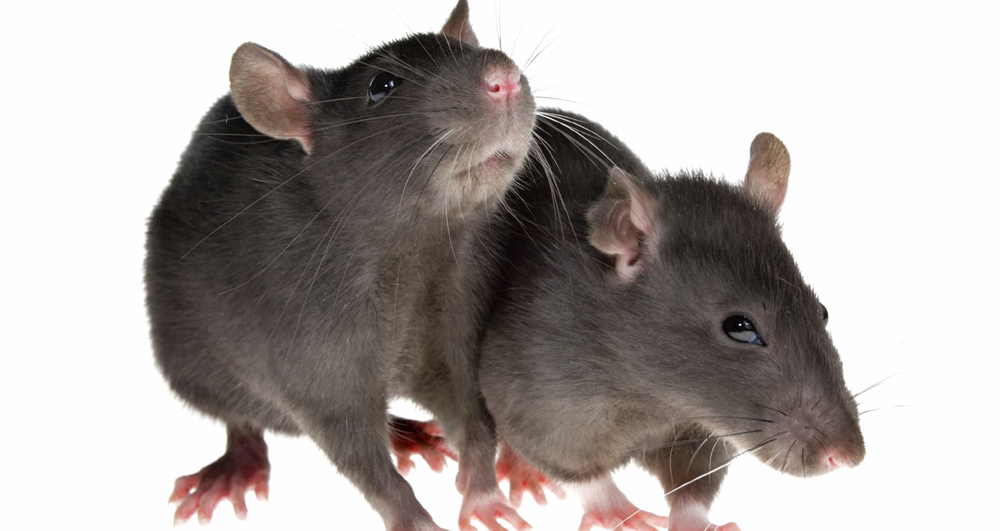When first published in 2015, the code’s legal status was guidance. Since then, the Biocidal Products Regulation governing rodenticide authorisations has determined that “biocidal products shall be used in compliance with the terms and conditions of authorisation”. These are summarised on product labels, and the regulation places a legal obligation on farmers, pest controllers and gamekeepers.
The code describes all aspects of best practice and guidance for rodent control and the safe use of rodenticides; it is a cornerstone of the UK Rodenticides Stewardship Regime and is referred to by farm assurance schemes as the document that informs best practice.
New information
The updated code includes new information about two active substances returning to the UK market and includes their roles in rodenticide resistance management:
- Cholecalciferol
- Hydrogen cyanide
The main practical changes to the newly updated code is that non-standard rodenticide use, such as permanent, pulsed or burrow baiting, or in covered and protected bait stations, is now only legal if the product label permits these ‘non-standard’ scenarios specifically. Those using these ‘non-standard’ methods should always check the labels of products to ensure that such use is permitted.
Risk hierarchy
The 2021 Code of Best Practice also contains new details for using a risk hierarchy to plan effective rodent control with minimum risk to humans, non-target animals and the environment.
The principle is that before applying rodent control measures, everyone should consider the risks systematically.
NFU senior plant health adviser Spencer Collins said:
“An integrated approach to rodent control should be considered where risk to domesticated animals and non-target animals are considered as part of a responsible rodent control strategy. Preventative measures such as proofing, hygiene and removal of harbourage should be considered first. Following the CRRU Code of Best Practice is the best way you can ensure you are safely and responsibly using rodenticides.”
The new 2021 CRRU Code of Best Practice also recommends pre-control environmental risk assessments, for which a CRRU writeable computer template is available, as a sound basis for risk hierarchy-based preparation.
